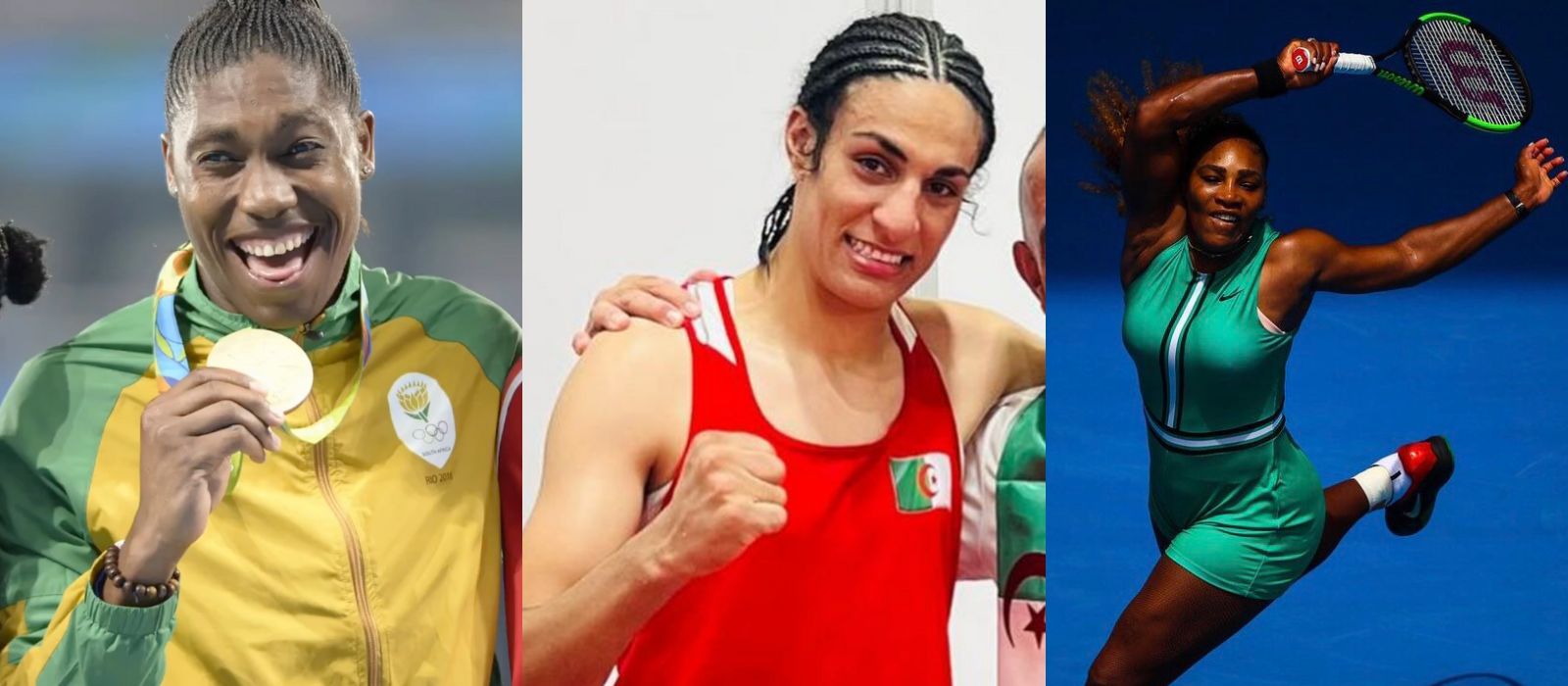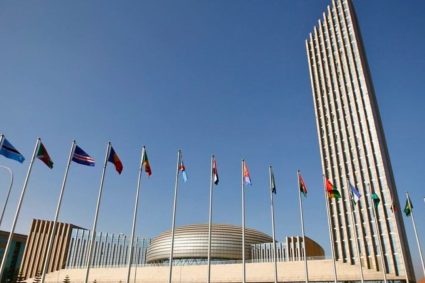
In 2022, during the World Cup, Morocco reached the quarter-finals, and while many celebrated their success, some North Africans, who often perceive themselves as distinct from the rest of Africa, felt differently. A similar sentiment emerged during the Ukraine crisis when North African students reported feeling discriminated against as Ukrainians were prioritized in evacuations.
Discrimination within Africa may occur due to differences in skin color or economic stability, but once abroad, these distinctions fade, and we are often viewed the same by others. The Western world has been actively advocating for LGBTQ+ rights, as seen in the case of Miss Spain 2018, Angela Ponce, a trans woman who competed in Miss Universe 2022 without causing significant online controversy.
However, female athletes of color like Serena Williams, Caster Semenya, and Imane Khelif have faced discriminatory accusations regarding their gender. These accomplished athletes were questioned and accused of being male after outperforming their white female counterparts. These incidents highlight a troubling pattern of racism and sexism in sports, where women of color are unfairly scrutinized and subjected to gender policing, even as efforts are made to integrate trans women into female competitions under the banner of LGBTQ+ fairness.
In Caster Semenya’s case, British athlete Lynsey Sharp, who finished 7th in the race, publicly criticized Semenya to discredit her. As a result, Semenya was forced to take testosterone-reducing medication, which negatively impacted her health and ultimately led to her withdrawal from competition.
Similarly, Western media has persistently attempted to disqualify Imane Khelif. Her father had to publicly defend her by sharing childhood photos and birth certificates to prove her gender. Despite this, critics continue to question her identity.
In contrast, boxer Angela Carini expressed frustration after losing a match, complaining about being hit by her opponent—an ironic grievance considering the nature of boxing.
Medical conditions like polycystic ovary syndrome (PCOS) can cause elevated testosterone levels in women. In a world striving for fair treatment across all sexual orientations, it is disheartening that women who do not conform to traditional notions of femininity are made to feel marginalized and out of place.




